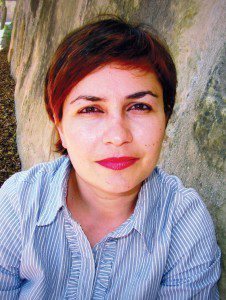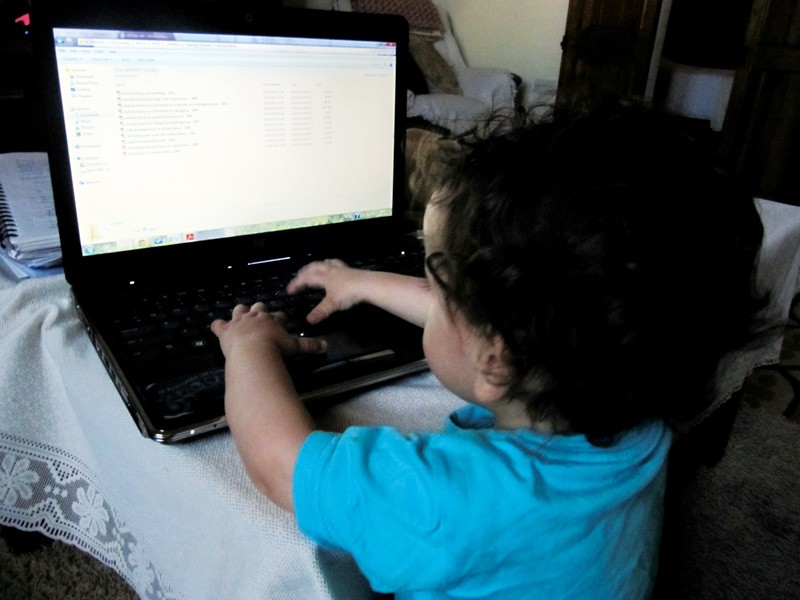I am writing this in a sports complex cafeteria, waiting to pick up my daughter from her ballet lesson. In the meantime, my eighteen-month old son tugs persistently at my sleeve — he wants to lick the froth off my capuccino and bang on the keyboard to make the screen respond. If this sounds familiar to you, then you may be one of those researchers who are juggling studies, work, and kids.
I am on the eve of submitting my Ph.D. dissertation. Since I started, there has not been a single birthday, Christmas, or ‘sick’ day when I was not at my laptop, working on my research. During the first year I found it difficult to concentrate. I was alone at home, with a lot of time on my hands, and there were days wasted on Facebook and eBay. Thankfully, I was brought back to my senses and managed to start focussing on my work.

As the first year rolled into the next, my son was born. Perhaps this was irresponsible, but then again, one cannot put life on hold to achieve a degree. The pregnancy was not easy and even necessitated hospital admission for a short time. To complicate matters, I had an important exam in the week my son was meant to be born, so I spent many sleepless nights to complete my work in advance and take the exam earlier. Pregnancy even complicated flights, since I was refused airtickets when 33 weeks pregnant.
I usually work during the night, when the world is asleep, although this is not always guaranteed when babies share your habitat. I plan my work around their schedule, intensively writing while they sleep, and performing simpler tasks while they are running around the house and destroying every piece of furniture in the process.
Being a mum keeps me grounded. I now respect deadlines religiously, finishing early means I am able to spend more time with my loved ones. Kids can be very unpredictable — they fall sick at the eleventh hour, just before you are expected to email a chapter to your supervisors. A mother needs to attend school open days and sports days, stick holy pictures to Religion project books, and keep their hair free of lice. I either work on my research in every waking hour after I have satisfied mummy duties, or else have to compromise between family and studies. As far as possible, I do not let this happen. I do not have any superpowers and have never reached a work-life balance. I just make priorities. I may have laundry baskets overflowing with clothes waiting to be folded, but I prefer to take my kids to the playing field or watch a movie. I can do much more, of course, as a mother, and I do sometimes fail. When time is tight, to finish writing I can spend hours at my laptop with little interaction with my kids. Otherwise, it would be difficult to focus and to regain the thread of my thoughts.
For my studies, I need to visit campus abroad and to present at conferences. I usually take my son along with me. He’s too small to leave behind for more than a couple of days. Last summer I took him to Portugal for a conference and had to board three planes, a train and a bus. I am sometimes met with pitying glances, but very often people are helpful and understanding.
I may not be inspiring my kids to become researchers when they grow up. Indeed, my daughter wishes that I had taken up something more ‘glamorous’, but I believe and hope that my sense of diligence will rub off on them. That it will motivate them to chase their own dreams, as I am chasing mine.





Comments are closed for this article!